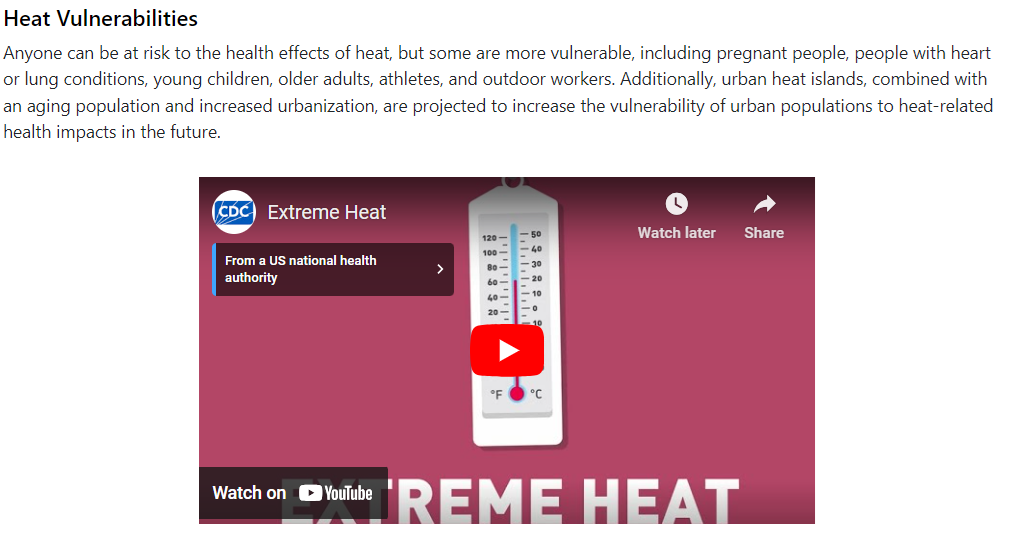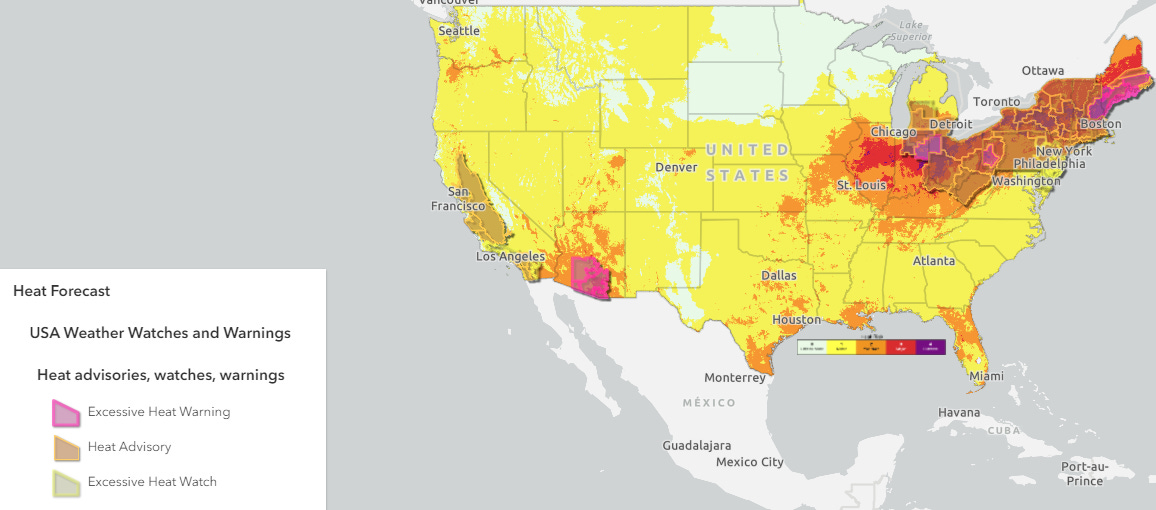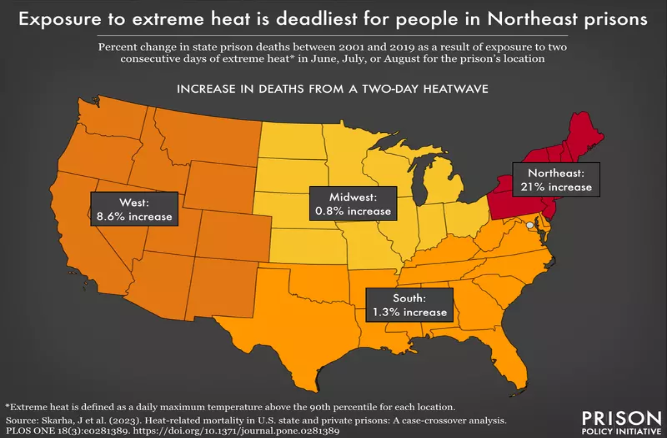Heat’s Deadly Impact on Those Immunocompromised And Incarcerated
Climate Change’s Is Even More Severe on Those Incarcerated With Medical Illnesses
Welcome to my video series, ” INDICTED AND FACING PRISON.” My name is Marc Blatstein, and I know firsthand how surreal and overwhelming this experience can be. That’s why I’m here to provide you with crucial daily information. Knowledge and Preparation will boost your confidence to navigate these challenging times.
The information in this series and on PPRSUS.com is accessible to all. My contact information is at the end of the article if you wish to engage my services.
The DOJ and Feds have been asking questions; their case is mostly complete. With a 98% conviction rate, the odds are not in your favor. However, knowledge is power, and it’s in your hands. Delaying your next step could have severe consequences.
- Your future is at stake, so hiring a legal team with a proven track record of successfully defending cases like yours is critical. Don’t just settle for experience; choose a team that is a good fit for you to get the best possible outcome. Make the right choices now, and you can move forward with confidence.
- Climate change is predicted to increase the frequency of potentially hazardous heat conditions across the United States, putting the 2 million incarcerated people at risk for heat-related health conditions. Texas and Florida accounted for 52% of total exposure despite holding 12% of all incarcerated people.

JESSE M. FURMAN, United States District Judge, in UNITED STATES OF AMERICA, -v- GUSTAVO CHAVEZ, … the Metropolitan Detention Center (“MDC”) in Brooklyn — has had its share of problems. In winter 2019, a power outage left inmates without light or heat for a week while a polar vortex swept the East Coast.
Extreme heat can be deadly, or harsh winter weather can result in viruses spreading rapidly due to the proximity of AIC (Adults In Custody).
- If you have a medical condition that puts you at higher risk, it is important to document this in the PSR, where Compassionate Release through the Second Look Act may become necessary.

- Climate Change, Extreme Heat in Prisons, and then the cumulative dangerous effect for those taking these medications:

- Antidepressants (1. SSRIs increase sweating, increasing the risk of dehydration; 2. Tricyclic antidepressants, or TCAs, may decrease sweating, making it harder to cool off),
- Anticholinergics, CNS Depressants, Heart Meds, Anti-Psychotics, and Insulin.
To engage my services or to have your concerns answered, Call me Today: 240.888.7778. This is my Cell and I personally answer and return all calls. You can also get additional information on my website @: PPRSUS.com.


